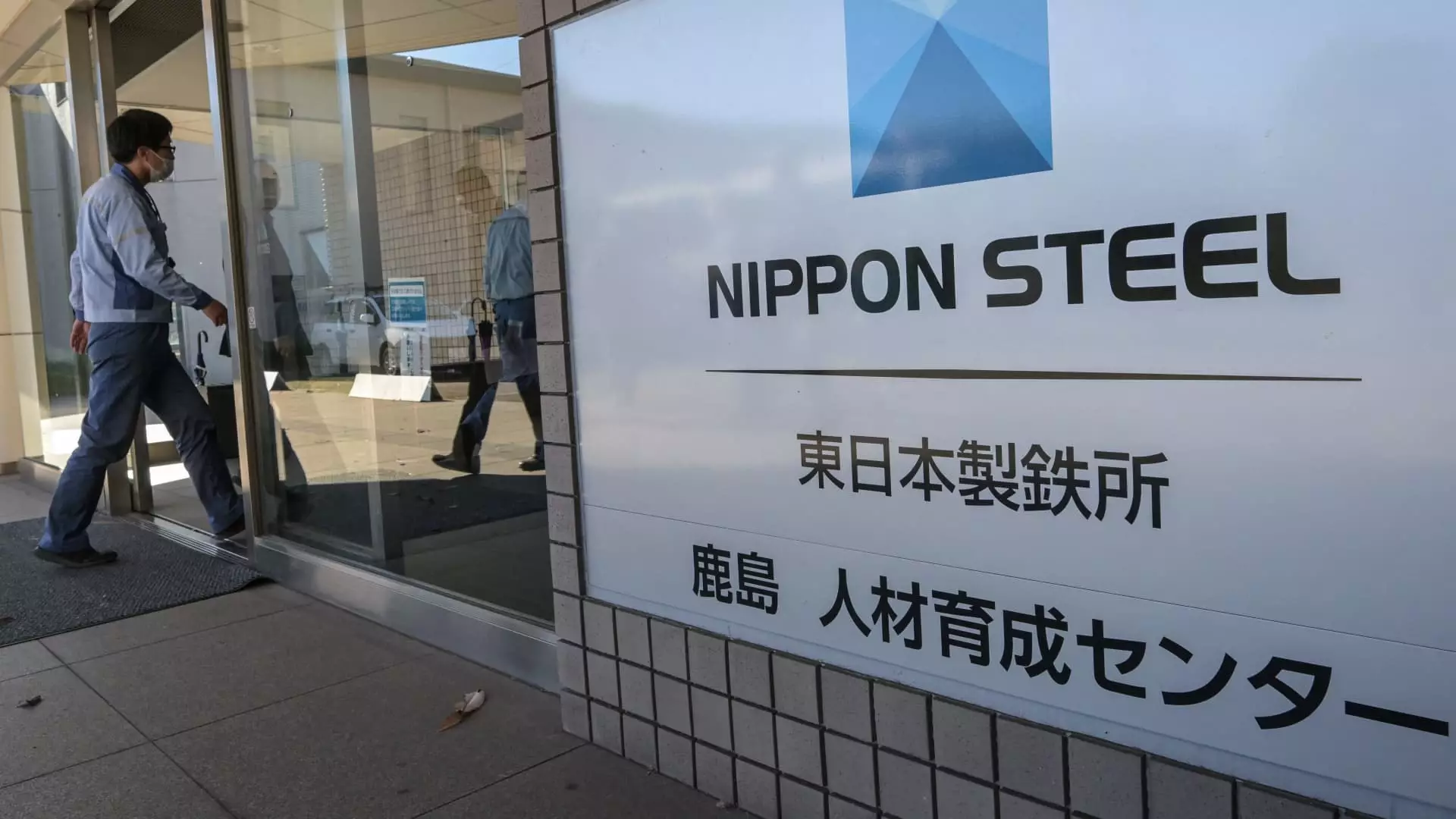In a significant move that underscores the Biden administration’s ongoing scrutiny of foreign investments in critical American industries, President Joe Biden has reportedly blocked Nippon Steel’s audacious $14.9 billion bid to acquire U.S. Steel. This decision, as cited by The Washington Post, comes after the Committee on Foreign Investment in the United States (CFIUS) failed to reach a consensus regarding the potential risks associated with the merger. The situation has garnered considerable attention, as it highlights the tensions between promoting global business relations and safeguarding national security.
The process leading to this decision began when the CFIUS, an inter-agency body that reviews the implications of foreign investment on national security, forwarded the matter to President Biden on December 23. Under CFIUS regulations, he had a mere 15 days to make a decision, prompting Nippon Steel to extend the deal’s transaction deadline significantly. Originally set for late 2024, this deadline has been expanded to the first quarter of 2025, reflecting the uncertainty surrounding the bid’s approval status.
The rationale behind the administration’s apprehension revolves around fears that Nippon Steel could reduce U.S. Steel’s production capacity post-acquisition, thereby jeopardizing industries that are crucial to national security. The CFIUS raised alarms that diminished output could potentially result in supply shortages, further complicating the supply chain of industries deemed essential for national defense.
Nippon Steel’s Counter-Proposals
In response to CFIUS’s concerns, Nippon Steel sought to alleviate fears by offering a slew of concessions. These included assurances that the production capacity of U.S. Steel would remain intact under its ownership, alongside commitments to maintaining U.S. leadership in the corporate structure. They proposed retaining the company’s headquarters in Pittsburgh and ensuring that a majority of the board would comprise U.S. citizens. Even with these assurances, the Biden administration’s stance remained unwavering.
It is worth noting that despite these concessions, the underlying apprehension about foreign control of an iconic American company would not dissipate easily. The administration’s focus on preserving jobs and ensuring domestic ownership plays a pivotal role in these evaluations.
Interestingly, U.S. Steel’s shareholders had shown support for the proposed acquisition, highlighting a divergence between the perspectives of business stakeholders and government officials. David B. Burritt, U.S. Steel’s President and CEO, publicly celebrated the shareholders’ overwhelming endorsement, framing the transaction as a strategic opportunity. This suggests a complex dynamic—the interests of capital and profit maximization clashing with perceived patriotic obligations intertwined with national security.
Additionally, former President Donald Trump has joined the chorus of critics against the deal. His vocal opposition on social media reflects a broader sentiment across various political spheres that prioritize protecting American economic assets from foreign acquisitions, particularly from historically significant sectors like steel production.
The refusal to endorse this foreign takeover has not only set a precedent within the steel industry but also signals the current administration’s broader agenda to scrutinize foreign investments closely. As issues of national security intermingle with economic policies, the Biden administration appears committed to a course that favors retaining American ownership over historical and national assets.
As we ponder the outcome of this case, it becomes increasingly clear that the ramifications will extend beyond Nippon Steel and U.S. Steel; this decision may influence how foreign companies approach future acquisitions in the United States, potentially leading to a chilling effect on international investment in critical American sectors. The implications for both national policy and market dynamics in the years to come remain to be fully realized, but this particular struggle demonstrates the evolving nature of globalization and domestic protectionism.


Leave a Reply